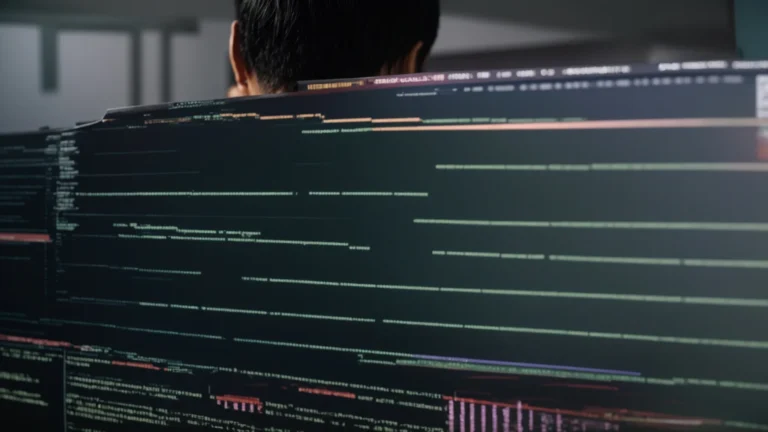If you’re going to be working with infants or small children in situations or settings where a medical emergency is possible, you’ll likely be required to get your PALS Certification in order to maintain your job. PALS stands for Pediatric Advanced Life Support and is a course for medical professionals like nurses, first-responders, paramedics, and physicians.
It’ss important to remember that just because you have Advanced Cardiac Life Support training doesn’t mean that you’re qualified to deal with pediatric emergencies. This is because there are some key differences between the topics and information covered in an ACLS course versus a course focusing on PALS. Here’s a quick rundown of what a PALS course entails—including whether it’s possible to renew your certificate through an online course.
What should you expect from a PALS program?
A PALS certification means that you’ve been instructed in a variety of ways to go beyond basic life support measures in a time of crisis. For healthcare professionals who deal in emergency medicine, or even medical professionals who interface with infants and children, it’s crucial that you know when, how, and what to do—and in a timely manner—when a child’s life is on the line. PALS training prepares healthcare professionals for these sorts of situations, ultimately enabling you to better handle pediatric emergencies in young children.
The content included in a traditional PALS course covers a broad array of topics that could prepare you to respond to a pediatric emergency. For example, PALS certification includes child and infant CPR, as is an understanding of how to use an AED device. That being said, basic CPR skills aren’t enough if you want to get your PALS certification card. A PALS certification course will also offer you other important concepts of a systematic approach to responding to pediatric emergencies, including course materials on the PALS treatment algorithms and the best way to handle respiratory distress. During your PALS course, you’ll also receive a variety of study materials and simulations on topics like shock, cardiac arrest, and respiratory distress. You’ll gain knowledge in the systematic approach to pediatric assessment, too, as well as information about pediatric life support, and the different scenarios when it might be necessary to transport a child or baby.
Is online PALS recertification possible?
The PALS class takes a deep dive into a variety of topics and issues that pediatric patients might experience while in the care of a healthcare provider. With so much information, you might be wondering if it’s possible to complete your PALS recertification if you’ve already attended a PALS certification class for the first time. The good news is that yes, it is possible to take your PALS recertification course online. There are even some important benefits to an online PALS course.
Save time and go at your own pace.
If you’re a healthcare provider or physician with an array of pediatric patients, it can be hard to find time to attend classes as part of your busy schedule. As such, attending an online PALS course can be an effective way to get the CME credits you need and obtain your certification card without having to take time out of your workweek to attend an in-person recertification class for your PALS renewal. Online PALS renewal courses allow you to take your certification course via a desktop, laptop, tablet or mobile device, and comes full of exam practice questions, interacting training modules, and the ability to complete the course at your own pace. Best of all, online recertification offers AMA, ANCC, ACPE, and ADA CME Credits and is valid for up to two years. You’ll even get instant exam results and a digital provider card when you take the test and pass it.






